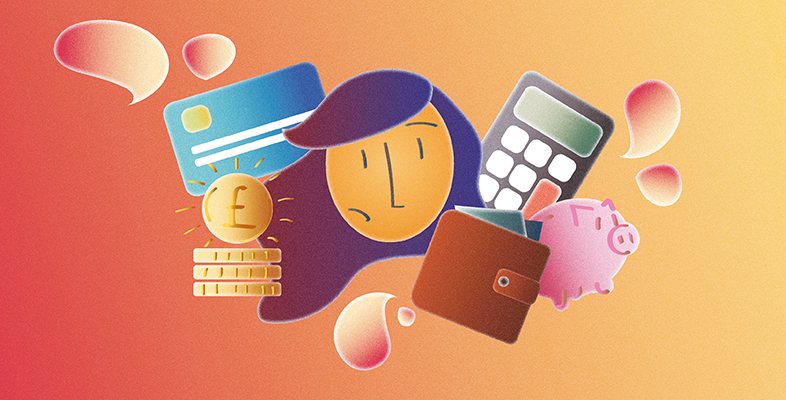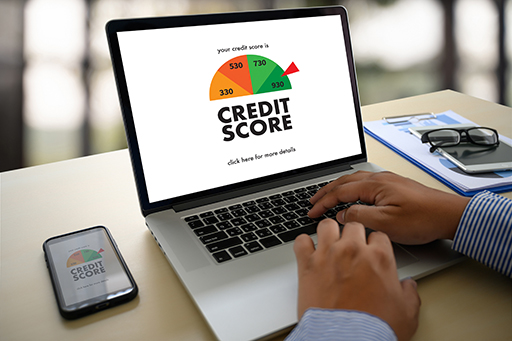3 Credit reference agencies and your credit history
Your credit history, which is collated by credit reference agencies, is a key factor in your ability to borrow money.
As soon as you take out credit – be that a credit card loan, mortgage, or even a mobile phone contract – your credit history is recorded and a profile of you starts to build.
Lenders then use that profile when you apply for credit, to help them predict your future behaviour based on what you’ve done in the past – i.e. if a bank lends you cash, are you the sort of person who is likely to pay it back on time?
To do it, they look at lots of different data – much of which is on your credit file, though they may also hold that data too if you’ve been a customer of theirs. This may include how many applications you’ve made recently, how much you owe, what credit products you’ve had and whether you paid them all off on time.
Note that if you don’t have a credit history – say you’ve only just left school and have never taken out credit – then it makes it harder to borrow money as lenders have nothing to go on.
The UK credit reference agencies that store this data are:
- Experian
- Equifax
- TransUnion
These agencies will give you a credit score (e.g. 900 out of 999) with each agency having its own way of scoring. You can, though, take these scores with a pinch of salt as it’s the agencies’ view of you, when what matters is a lender’s view of you when you apply for credit, and every lender is different.
Where do they get the information about you?
This is provided by your bank or credit card provider and other organisations that have extended credit to you. These can include your mobile phone provider if you have a contract with it, utility companies, broadband suppliers and insurance companies. This may seem surprising but if you are paying for these services by month, your contracts constitute loans and hence are relevant for credit checks.
The information includes the amount of credit granted to you, whether you make repayments on time and the proportion of your bill that you repay each month.
Have you looked at your own credit reports? You should keep a close eye on them to help keep on top of your finances but also to check for errors – after all, a wrongly registered missed credit card payment could mean you are declined for a mortgage. The good news is that you can correct any errors, so don’t panic if you see one.
You can access your reports from the three major agencies for free either directly or via a number of third parties that have agreements with them.
Next you look further at what information is gathered by the credit reference agencies and what information is not considered.

